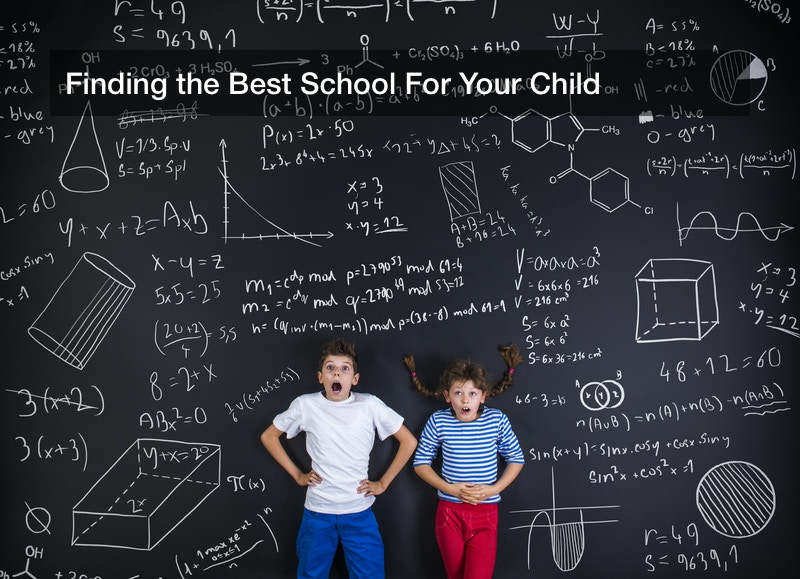
A good education is often the key to a successful adulthood, and parents of course have a deep invested interest in sending their kids to the best possible schools. Many parents send their young children to the best preschools in their area, and even those who don’t will still look for good elementary schools in their area. When a child becomes old enough for K-12 education or if a family moves to a new area, the parents will have to look up the best middle schools or best high schools for any and all of their age-appropriate kids. An art summer camp may be a fine way to supplement a child’s education, and a child may even ask to go to an art summer camp if they have such interests. In other cases, proactive parents may send their kids to an art summer camp or something similar to encourage them to expand their minds. Parents may look up art summer camps online or ask their kids’ teachers about such programs in coming months.
A Good Preschool
For many kids, education begins with preschool. This is not compulsory, but there are many advantages to attending a preschool. Parents whose child turns three or four years old may look for these schools in their area, and they may use personal references or simply look online, such as “good preschools in Boston MA” or “highest rated preschools Miami FL” to find something local. Parents will want to find a preschool based on merit of location, teacher qualification, the school’s funding, and the child’s own input. Not only will the parents evaluate a local preschool based on driving distance and the quality of the staff, but the child’s own interest. A four year old won’t ask for the teachers’ credentials, but they will know if a school is comforting or frightening to them. A child who is distressed by a school’s campus, teachers, or other students is unlikely to get much out of being a student there, so parents should make sure that their child is comfortable in a given school.
Elementary School and Beyond
For K-12 education, parents will look over local schools in their area online or through reference, but this time, there are added factors. The child, who may be six or 16 years old, can articulate his or her preferences in a school, and they may have specialized interests. Some students may want a high school with a good marching band, or they want a middle school with a robust art program included. Here too, parents can bring their son or daughter along to a potential school, and the child can provide input on what they think of it and why they may or may not enjoy being a student there. The child and parent alike can look into a school’s funding, the staff’s qualification and experience, and any special programs or groups offered. A potential student who’s unsure about their special interests may find something that they like at a school. The child may, for example, be impressed by a high school’s soccer or football team or take an interest in a debate team or theater program.
Another major factor here is the difference between public and private schools. Public schools are the majority, and they are federally owned, run, and regulated. They are supported by taxpayers but don’t typically charge tuition. By contrast, private middle and high schools are privately funded and run, hence the name, and set their own curriculum and testing material. These schools indeed charge tuition, and the amount may be fairly high. Many families may be unable to afford private schools anyway, rendering this choice moot, but other families may consider it.
Private schools may offer some advantages over typical public ones. For example, private schools are often effective for preparing students for college, and private high school graduates go on to college 90% of the time. This compares favorably to how around half of public school students go on to college. Private school counselors also spend more time on college prep for students than do public school counselors, and private school teachers report much lower student apathy issues than do public school teachers. The same is true for parental involvement issues among students.
